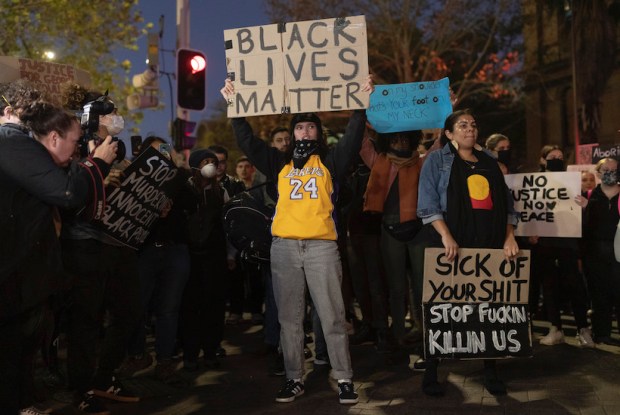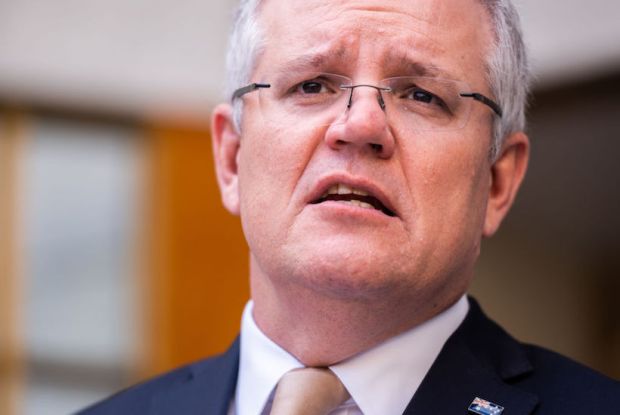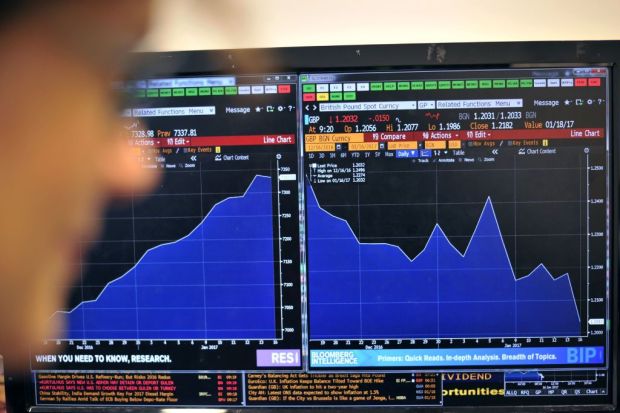Entire countries in lockdown, travel banned, events cancelled and now the Australian Formula One Grand Prix shut down all in the matter of a few weeks due to over 4,600 worldwide deaths.
All for the sole purpose of people’s health and safety.
Yet there hasn’t been any conversations about the intense repercussions of a severe global economic downturn.
With all of the world’s decision-makers deciding lockdown is the correct approach, the signs point to the world entering another global recession with experts saying recent market crashes will continue as panic and alarmism spreads faster than the coronavirus itself.
When the closing bell rang on Wall Street on Monday, March 9 the 123-year-old Dow Jones logged a 2,014-point drop, its largest in history and now an ever-looming age of depression is on its way.
I can’t help but have thoughts of confusion and frustration as something a little bit worse than the common flu brings down the global economy and with that many stable families and in fact more deaths, depression and chaos than the flu itself.
I am confused why there has been no debate on the repercussions of a preventable recession, and I am frustrated this amount of panic has been allowed to spread and so much overreaction has taken place.
With Italy the first nation opting to put its country in lockdown it has virtually decided that in its best interest a national recession is wiser than the spread of the coronavirus.
Which is confusing since the global financial crisis caused an additional 500,000 cancer deaths from 2008 to 2010, according to a Lancet study.
This was due to patients being locked out of treatment because of unemployment and healthcare cuts.
The figures were extrapolated from an observed rise in cancer deaths for every percentage increase in unemployment, and every drop in public healthcare spending.
According to a study from the BMJ in 2013, of 54 countries, there was an increase in suicide deaths as a result of the 2008 recession with an estimated 5000 additional deaths resulting from suicide in the year 2009 alone.
According to the most comprehensive analysis of the health effects of economic downturn by researchers at Oxford University, unemployment and recession add large amounts to the death toll from suicide, murder and heart attacks.
Out of all the things that could have caused a global recession from nuclear war, climate change to terrorism we chose ‘panic’.

























